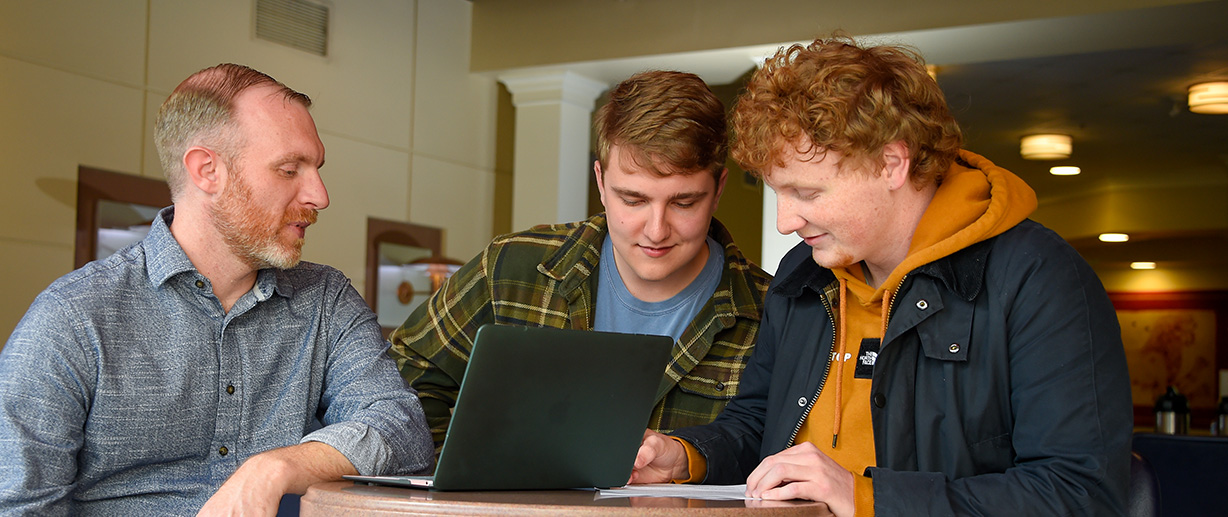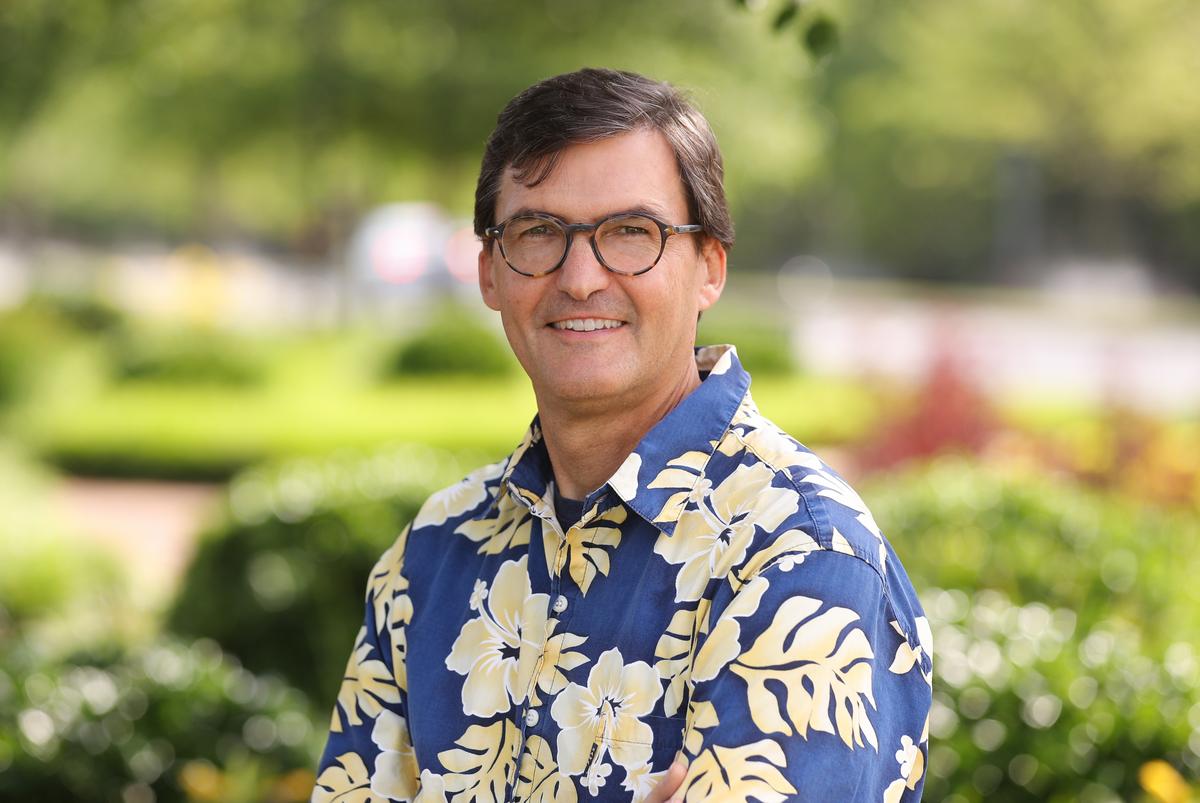
SPARTANBURG, S.C. (courtesy wofford.edu) — Wofford College’s Chandler Dickert ’23, Nathan Faulstich ’23, and Dr. Geoffrey Mitchell will present research that could impact future generations of coral reef research at the Society for Integrative and Comparative Biology meeting in Austin, Texas, from Jan. 3-7.
Dickert and Faulstich are biology majors and Mitchell is associate professor of biology. They’ve spent the past two summers researching coral reef bleaching through a three-year grant from the National Science Foundation (NSF).
“We are looking at the cell cycle and the coral cells themselves,” says Faulstich, who is on the biology department’s pre-medicine track and is from Lake City, Florida. “We know that they divide at a certain rate over time, so we can manipulate factors, such as the availability of nutrients, and we can see how the cycle changes.”
This will be Dickert’s first time presenting his research, and he has prepared a poster presentation explaining the procedures and findings of his flow cytometry protocol.
His protocol failed 35 times during the summer experiment, but Mitchell says he kept working through the process until he succeeded.
“This technique will prove to be very useful in the field, and I am particularly hopeful to use it during my sabbatical in the spring when I go to the Australia Institute for Marine Science,” Mitchell says. “They are interested in using the technique to answer some of their questions.”
Dickert’s experience and the results that have come from his work in the lab have caused a newfound love for research and a change in future goals.
“I first sought research opportunities with Dr. Mitchell as just a way of finding something to do the summer between my sophomore and junior years,” says Dickert, who also is an environmental studies minor from Newberry, South Carolina. “Now I’ve gathered the idea that I want to do something similar to this throughout graduate school and beyond.”
Faulstich will give a talk on some of the data that they have now quantified in Mitchell’s bioinformatics class, providing a summation of the past two years of research and hopefully impacting future scientists who wish to participate in similar studies.
“For our protocol, we have to read research papers and modify what other researchers are doing to get it to work best in our lab,” Faulstich says. “I hope other people will do the same thing with us.”
Although Faulstich presented at the Southern Conference Undergraduate Research Forum (SURF), he says he’s nervous about the makeup of the audience for the January conference.
“It’s a little nerve-wracking because, when I was here presenting at SURF, my parents and Dr. Mitchell were in the audience,” Faulstich says. “When I give this talk, it will be 40 Ph.D. cellular and molecular biologists who are experts in the field.”
Mitchell says there will be many coral reef cell biologists in the audience but that he has full confidence in his students’ abilities to perform and to share their findings.
“I am nervous for them but am also totally confident that they’ll do an awesome job,” Mitchell says. “I’ve seen the time they’ve put in on the project.”

